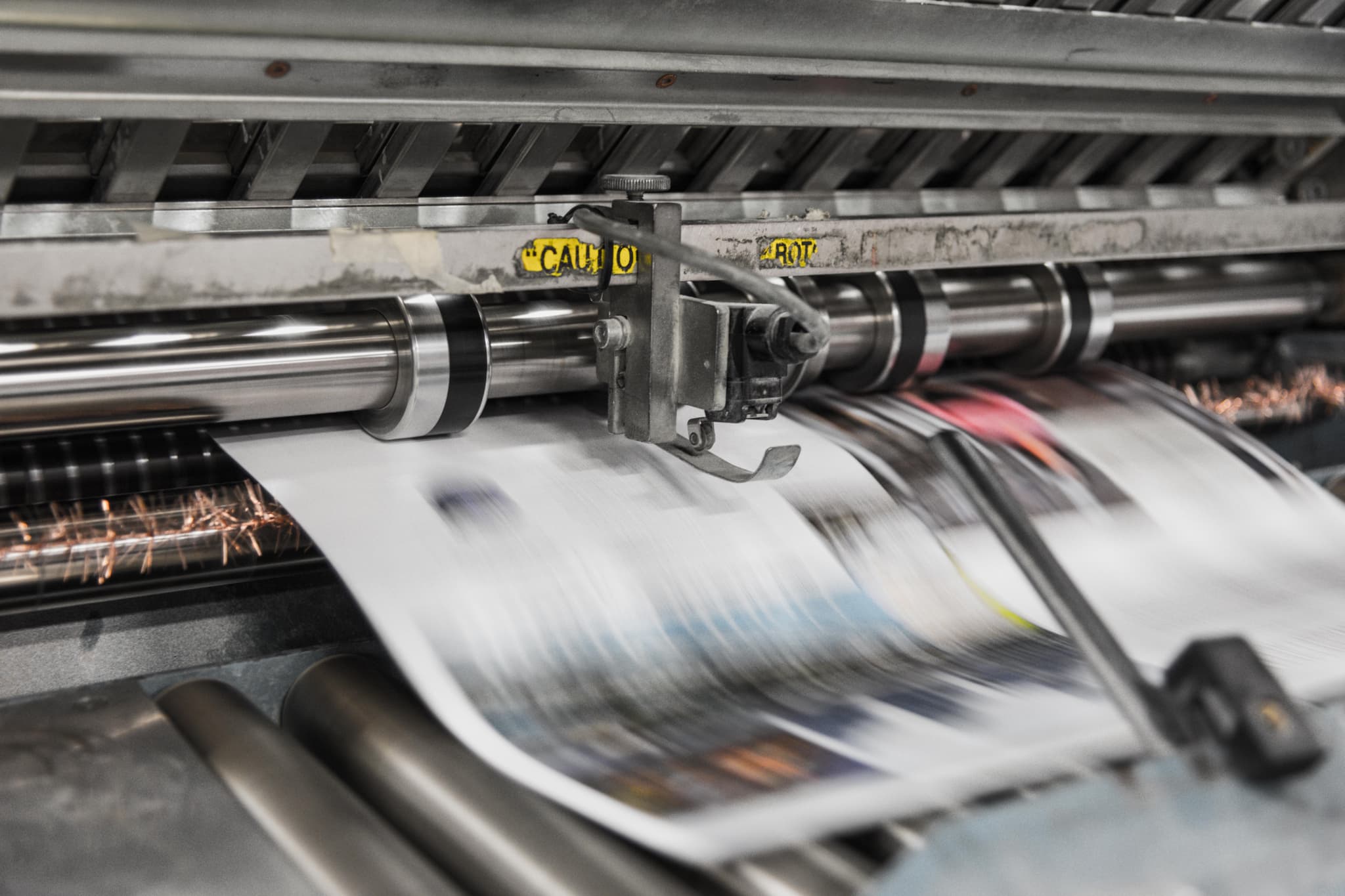
THE STORY: Foreigners applying for U.S. permanent residency are experiencing growing wait times. In particular, wait times have been increasing for U.S. citizens applying for their non-citizen relatives to get residency in America.
THE CONTEXT: There are a few factors fueling the increased wait times. In the 2017 fiscal year there were 366,000 family-based green card applications, a 34% nearly increase since 2012. On top of that, a 2017 Trump administration policy started phasing in in-person interviews for employment-based permanent residency applications. This rapidly increased caseload for immigration officers and may have contributed to an increase in wait times for applications. The processing time for an I-130, a petition for an immediate relative, went from 7.7 months in 2017 to 9.6 months in 2018. The processing time for an I-485, a family-based green card application, went from 5.7 months in FY 2014 to 10.9 months in FY 2018.
WHAT’S NEXT: With the Trump administration implementing incremental restrictions to legal immigration, it’s likely the current trend of increased wait time for permanent residency applications will continue.
Read further in this piece from NBC News.
—
THE STORY: The Department of Justice is transforming U.S. immigration court, hiring more judges and increasing caseload.
THE CONTEXT: Since Trump’s inauguration, the DOJ has hired 128 immigration judges, making up a total of around 400 judges. The new hires were meant to help alleviate a large case backlog, which the latest estimate put at around 760,000 pending cases. Around half of the new immigration judges appointed under Attorney General Jeff Sessions have prosecutorial experience or some other experience in the government. A 2017 Booz Allen Hamilton report recommended expanding “hiring pools and outreach programs to increase diversity of experience among [immigration judges].” The DOJ under Sessions has also instituted unprecedented quotas for immigration judges, evaluating them on how many cases they clear each year.
WHAT’S NEXT: This fall another 75 immigration judges are expected to be hired by the DOJ.
Read further in this article in The Atlantic.
—
THE STORY: Employers applying for workers’ H-1B visas could see a much more streamlined application process next year.
THE CONTEXT: The director of USCIS, Lee Cissna, recently said he wanted to implement a new electronic petition system for H-1B visa applications by next year. The system would allow employers to submit online petitions to see if they are selected by the visa lottery, instead of submitting paperwork up front. Cissna also said the USCIS would have all-electronic petitions and applications by 2020.
WHAT’S NEXT: Cissna hopes to have the new electronic petition system ready for the H-1B visa cycle in the spring.
Read further on this via USCIS.